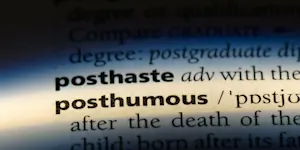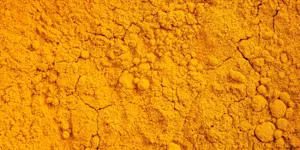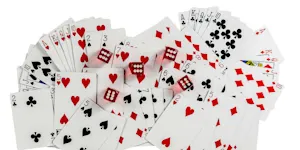What Makes This Word Tick
"Douse" is a versatile word, often associated with the action of drenching something with liquid. It brings to mind images of extinguishing a fire or simply getting soaking wet. It's a word with a bit of drama—like throwing a bucket of water over a situation to calm things down or put out metaphorical flames.
If Douse Were a Person…
If Douse were a person, they'd be that well-intentioned friend at a party who accidentally spills the punch bowl, causing a bit of chaos but usually for the better. They're quick to react, maybe too quick sometimes, but always with a purpose in mind.
How This Word Has Changed Over Time
Originally used in the nautical sense to describe the action of "lowering" a sail, "douse" has since evolved into a broader term related to extinguishing, particularly fires. Its versatility has expanded over centuries to include any act of soaking or drenching.
Old Sayings and Proverbs That Use Douse
While the word itself might not pop up directly in old sayings, the idea behind "dousing" resonates in phrases like "don't throw water on the fire," reminding us to not extinguish enthusiasm or passion unnecessarily.
Surprising Facts About Douse
Despite its common use today, "douse" was first noted in the late 17th century. Its connection to both water and fire—opposite elements—makes it an intriguing word with a dual nature.
Out and About With This Word
You might encounter "douse" in a fire safety demonstration or when hearing about weather reports mentioning a dousing rainstorm. It's a word that features prominently in discussions about safety and weather.
Pop Culture Moments Where Douse Was Used
In movies, dousing scenes are dramatic—think of tense moments when a hero puts out flames to save the day. It's a classic trope in action films where suspense is doused with relief thanks to timely intervention.
The Word in Literature
"Douse" appears in literature often during climactic scenes where something fiery (literally or figuratively) needs to be quelled. Its presence in dramatic literature often indicates a turning point.
Moments in History with Douse
One could imagine the buckets of water used to douse the Great Fire of London in 1666, though history tells us the fire was largely fought with other means. The desperation and urgency of such a historical event embody the essence of dousing.
This Word Around the World
Around the globe, the concept of dousing is universally understood, though words might differ. In French, one might use "éteindre" for extinguishing fires—a close cousin of dousing in spirit.
Where Does It Come From?
"Douse" likely comes from the Middle English "dowse" of Scandinavian origin. Its journey from maritime lingo to broader usage reflects its adaptability and the expanding dominion of the English language.
How People Misuse This Word
Sometimes "douse" is mistakenly used when people mean to soak lightly or merely dribble a liquid over something, missing out on the full, all-encompassing wetness that true dousing implies.
Words It’s Often Confused With
Dowse: Similar in spelling but related to locating water underground.
Drench: Close in meaning but can imply a more thorough soaking than extinguishing.
Soak: Generally used for absorption rather than extinguishing a fire or similar.
Additional Synonyms and Antonyms
Synonyms for "douse" could include souse, soak, or drench. Antonyms might be ignite, kindle, or dry.
Want to Try It Out in a Sentence?
After the unexpected rainstorm, the hikers were thoroughly doused and decided to call it a day.
















